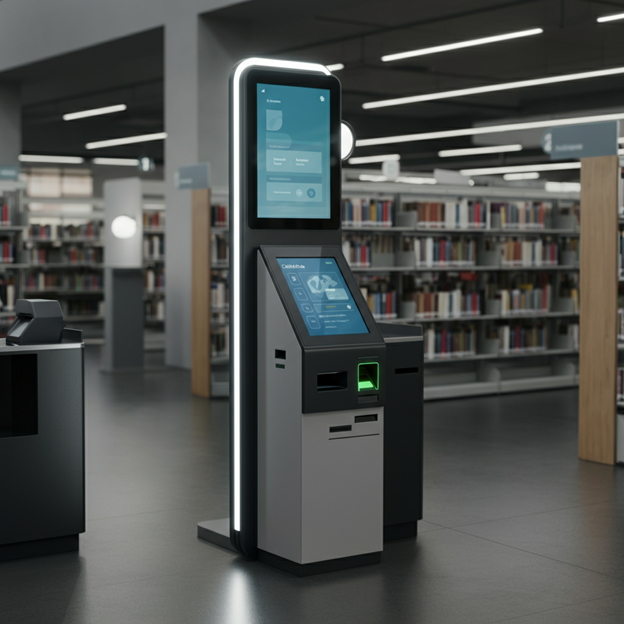Data Accessibility
A Critical Asset
Your ILS database is one of the single most valuable assets at your library. It’s not just your MARC and holdings information, but fines, overdues, history, items out, patrons, etc. You need access to your database every time a new item is cataloged, every time an item circulates, every time you collect a fine. With every transaction it grows and becomes even more irreplaceable. Without it, you couldn’t run your library.
Data Accessibility
Who owns that database and how accessible is it? The answer, of course, is that the database belongs to your library and it should be immediately, completely, and freely accessible.
So be careful when you select an automation system. Make sure that your data can be freely extracted from that system. Plus, it should be in a form usable by other automation systems. The harder to extract and the less usable it is, the more you will pay the next time you migrate. Imagine vendors charging you to obtain your own data…
Freedom
Our position is that the industry should adopt a standard export format for all library data, including MARC, holdings information, fines, overdues, history, items out, patron info, etc. All ILS systems would then adopt this standard so that libraries have full access to their own data. This type of approach is common in 21st century technology.
As a step toward this goal, Biblionix has developed the only such format and we’re working on making it an industry standard. We’ve called it LDIF (Library Data Interchange Format). It defines an XML file that contains everything we know about your library. XML is a standard itself and its primary purpose is to facilitate the sharing of structured data across different information systems. XML can be thought of as a series of envelopes. In one envelope are your complete bibliographic records in full MARC format and in another is your patron data, etc.
LDIF is easy to extract from Apollo and Artemis. At any time, you can obtain all your data for no charge. This could be for migrating to another system or just for your own backup. Plus, you can setup an automatic download of your LDIF file. Understanding/importing the LDIF/XML file type will be trivial for another ILS vendor. And that will save you money, time, and anguish the next time you migrate. Yes, that makes it easier to migrate away from Biblionix. Yes, it’s the right thing to do.
“Apollo actually does what it says it can do. This is so unexpected (almost unbelievable) that my board kept asking me to ‘find the catch.’ There isn’t a catch.”
Michael Dawber, CEO/Librarian
Rainy River Public Library
Ontario
See a brief Apollo video
Subscribe to our newsletter
Read our blog
What If Your Library’s Software Was As Committed As You Are?
The Unsung Hero of Libraries: The Library Checkout System
The Evolution of the Library Catalog System: From Chaos to Customization
How to Access the Full Potential of Libraries with Integrated Library Systems
The Essential Role of Public Library Systems in Modern Communities
Introducing The Apollo ILS/LSP
For your viewing pleasure! In this video you'll get a quick introduction to the Apollo ILS/LSP, and learn what it can bring to your library.




